AI Stefanie Sun is on fire and cannot destroy the Chinese music scene
Sun Stefanie, a popular singer, has recently become extremely popular. Fans who are waiting for her to open their doors are delighted to mention the daily routine of AI Stefanie in the music section of Bilibili
Sun Stefanie, a popular singer, has recently become extremely popular. Fans who are waiting for her to open their doors are delighted to mention the daily routine of AI Stefanie in the music section of Bilibili.
The overseas music industry has also been greatly killed by technology and ruthlessness. Songs created by AI have become popular on TikTok and Spotify, with Rihanna "covering" Beyonce and singer Grams openly renting out their own voice.
When we open a familiar and unfamiliar song to reminisce about the past, what kind of waves will cyber singers bring to the Chinese music industry?
AI singers make their debut collectively, and the most popular one is Stefanie Sun
AI Stefanie Sun is more suitable for the Hatsune Miku of Chinese babies' physique.
This "popular singer" has been continuously releasing new songs recently: "Hair Like Snow," Mercury "," On the Qingming Rain, "Difficult to Read Classics," Love Before the Western Yuan Dynasty... "Not only does the song have a wide range of genres, but also various languages.
Jay Chou, Cyndi Wang and other singers' AI versions also have new works constantly emerging, but the best newcomer or hottest singer of the Cyber Golden Melody Award must also be awarded to AI Stefanie Sun.

After all, Stefanie Sun's voice is too recognizable, her enunciation is clear, and her articulation and pauses are also very distinctive. Even if AI imitates only a passing score, it can still recognize Stefanie Sun's taste. As fans say, "After all, the sound is rogue, what do you think
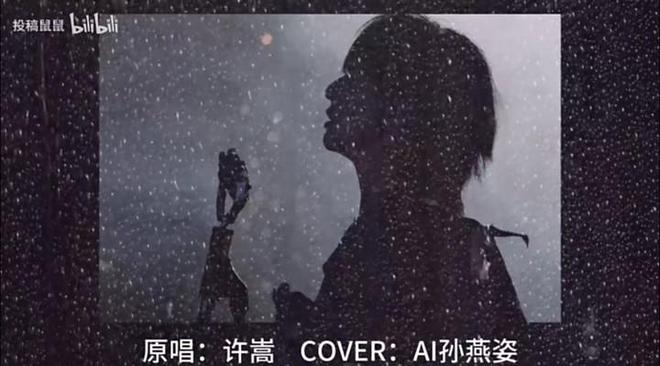
[AI Stefanie Sun] "On the Qingming Rain": https://b23.tv/jK0gH1B
At present, AI singers mainly focus on imitating timbre, but their emotions, skills, and singing style are still a bit lacking.
So, AI Stefanie Sun also has many "rollover scenes": singing "Norwegian Forest" and learning Wu Bai's big tongue vividly, the strange feeling makes people's eyes black; The melody of 'Hair Like Snow' is like a microphone leaking, and the first half of the song's stunning turn into shock; Love Before the Western Yuan Dynasty "lacks the original singing flavor due to its clear enunciation.

[AI Stefanie Sun] 'Hair Like Snow': https://b23.tv/rsLDKSS
This is a bit of a relief: it seems that AI still needs one or two years of growth. But AI doesn't know how to draw hands, which was just a few months ago. With the speed of AI development, it won't be surprising if it becomes difficult to distinguish true from false in the future.
The AI singers who debuted this season relied on the 4.0 version of the open-source project SoVITS, and there are already many tutorials available on Bilibili.
If you want to achieve a cover effect, first prepare an audio dataset of the target singer (such as Stefanie Sun), train the AI model based on the dataset, then prepare an input source's voice, and finally use the model to infer and replace the input source's voice.

The preparation of the dataset at the beginning is a challenge, as it should be a dry sound set that lasts for one to two hours and covers various tones, without accompaniment, noise, harmony, reverberation, and so on. For a singer, having at least 40 songs in their career is relatively easy to train.
It can be said that there is a certain threshold, but it is not that high.

The popularity of AI singers to some extent means that the singer's timbre has gained eternal life, which has taken the stunned netizens through the journey of "questioning, understanding, and becoming Tu Hengyu".
For deceased singers such as Huang Jiaju, Zhang Guorong, and Zhang Yusheng, this is indeed a continuation. Even if it's just imitating the sound, it's enough to make people excited.
Conservative vs. Open minded, what are the arguments behind AI singers
The more AI singers sing, the more they cannot avoid infringement issues.
At the Changsha Music Festival, Stefanie Sun was asked by fans about "AI Stefanie Sun", and she just smiled and said, "I've heard of this before. The brokerage company also said, "Currently, there is no lawyer appointed to handle it
Some lawyers believe that AI cover may infringe on the singer's voice rights and the copyright rights of songwriters. If AI singer intentionally misleads the audience and counterfeits the name of singer, it may also be suspected of unfair competition.
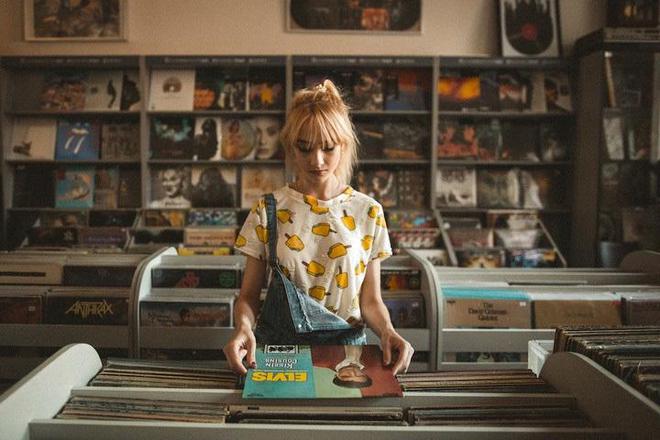
But when it comes to specific regulations, we still face a legal gap. Every aspect of the music industry seems to have different perspectives, and the attitudes of singers are divided into two schools.
One is the conservative faction. Last month, the song "HeartonMySleeve" became popular on the internet. It used AI to clone the voices of singers Drake and The Weekend, and TikTok alone received over 8.5 million views before being taken off various platforms.
Although there was no direct response to this song, Drake was already dissatisfied with his voice being cloned:
This is the final straw AI.
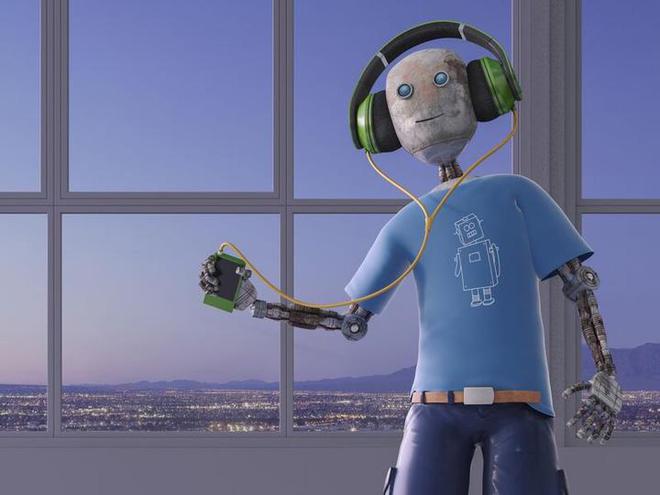
The second is the open-minded faction. Canadian singer and Musk's ex girlfriend Grimes allowed her voice to be used openly, but demanded a 50% royalty and quickly determined her profit model. On May 3rd, Grimes launched open-source software Elf.tech specifically designed to replicate her voice.
The music company standing behind the singers has a more complex appearance, and AI directly leverages their commercial foundation.

On April 12, Universal Music Group, which owns the copyright of Taylor Swift, Bob Dylan and other superstars, issued a notice to Spotify, Apple and other streaming media platforms, asking them to prevent AI tools from capturing lyrics and melodies from copyrighted songs. It even issued a question:
Which side of history do all stakeholders in the music ecosystem want to stand on? On the side of artists, fans, and human creative expression, or on the side of deep counterfeiting, fraud, and refusal to compensate artists?
Worry is not just about learning without a name. Bloomberg reported that there are already a group of 'music scammers' who do not respect copyright and speculate on streaming platforms such as Spotify.
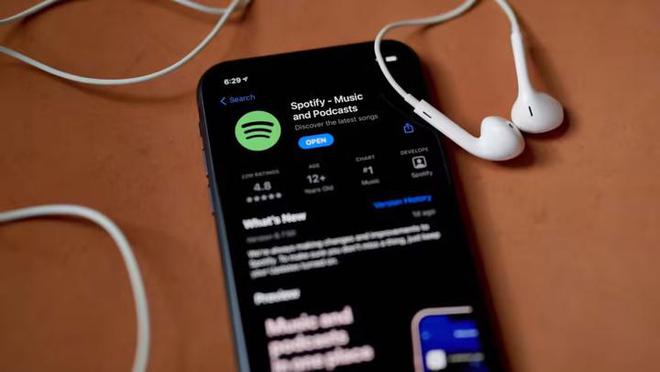
They either spread fine tuned copies of popular songs, or intentionally use well-known artists to sign their songs in order to earn traffic or advertising, accounting for 10% of the entire platform.
AI may exacerbate this issue by making more obscure music popular on streaming media, making creators' income sharing more unhealthy.

In March of this year, Spotify announced that the total amount paid to music copyright owners was close to $40 billion. When the era of streaming media has sent away the era of recording, the AI era will rewrite the era of streaming media.
In the future, our listening mode may be as follows: singers, songs, genres, instruments, and other options are optional. For example, the lyrics should be like Taylor Swift, but the vocals should have the style of Lana Drey, and the copyright of the music may also be increasingly complex.
Guess what you like? It's cool to truly customize listening to music, but it will also be a disruption to the music industry.
Can Eternal AI Singers Save the Chinese Music World
The popularity of AI singers on Bilibili is a mix of flavors.
The bad news is that there may never be any new singers in the future. The good news is that the old singer can continue to sing with the best tone.
There are always some voices in our memory, if we don't make a sound, we will be at the forefront of popularity.
The singer who made a big hit in 2003 was Stefanie Sun, and the singer who made a big hit in 2023 was AI Stefanie Sun. Sun Yanzi's biggest opponent may be her own voice 20 years ago.

This is somewhat similar to Jay Chou's replay concert on the video account. On the evening of May 20, 2022, Jay Chou made 45 million people recall their youth. The one who defeated Milk Tea Lun was Jay Chou, 34, who exposed his abdominal muscles.
However, besides creating delicious cold rice, will AI also bring more possibilities for creativity?
When we confidently believe that the emotions and imagination of creators will not be replaced by AI, or that simply reproducing tracks with classic timbre can be done for good, it is also a form of arrogance lying on the merit book.
The Chinese music world has been given death notices again and again, and short videos and Tiktok songs are still unstoppable. The 15 second chorus starts with the spread of the virus on short video platforms, then conquers social networks, dominates music platforms, and finally goes offline.
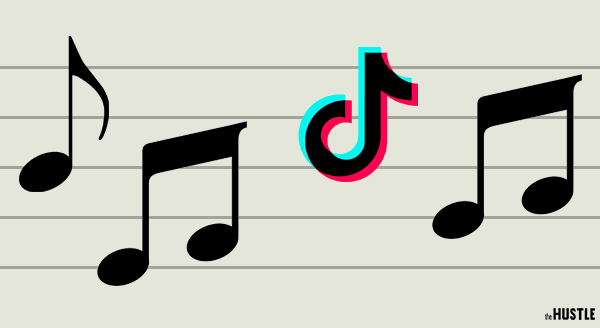
The algorithm design that evokes dopamine and shapes the cocoon of information has its original sin, but every time you like, comment, or repeatedly play is voting, and most people like to listen to 'vulgar', which is not wrong.
Facing the arrival of AI singers, musician Holly Herndon also has a similar viewpoint:
When you consider that most people who listen to Spotify are just listening to some pleasant things, things become complicated.
Not only does it reproduce the voice of the past, but it is entirely possible to produce works similar to Tiktok Divine Comedy faster and more streamlined with the algorithm of generative AI. The melody is catchy, the lyrics are simple and brainless, making it easy for AI who loves learning.
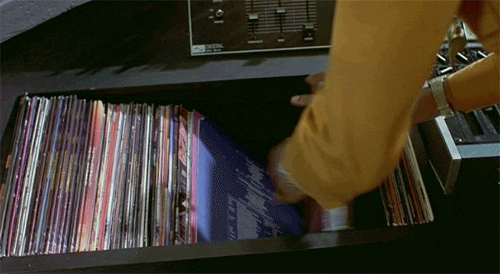
This will certainly be a direction for the development of music in the AI era, and we should have pessimistic expectations. But at the same time, music producers are making various explorations.
DJDavidGuetta from France is convinced that the future of music lies in AI. But he believes that this technology can only be used as a tool, just like drum machines and samplers.
What defines an artist is that you have a certain taste, you have a certain emotion you want to express, and you will use all modern tools to achieve this.
In March of this year, singer songwriter Chen Shanni conducted an experiment and only announced a few days after releasing her new song "Teach Me How to Be Your Lover" that the song was sung by AI and the cover was also generated using AI. The audience, who were still in the dark, even felt that her state had returned to spring.

Chen Shanni's own attitude is quite calm. She and her team have put in a lot of effort and time to train AI singing, and the workload is even much higher than singing in person, with the aim of creating a song that makes AI sing emotionally, eliminating the audience's preconceived imagination of AI singing.
The phrase 'learn to love' in the song title actually metaphorically refers to the process of 'AI learning to sing'.
Meanwhile, Chen Shanni wants to prove through this song that music producers are still irreplaceable. However, she also admitted that she is still the "dominator" of AI now, but it is difficult to say what the future will be like:
If the era of AI is bound to come, what creators should care about may not be "whether we will be replaced", but "what else can we do"... After AI truly learns to sing, it is time for creators and singers to re understand their own values.
Such AI songs are naturally more likely than the Tiktok divine music produced by the assembly line in batch, each note tracking algorithm and user emotions.

The end of the Chinese music world can not rely solely on Tiktok short videos, but also because the creators and audience drift with the tide; The salvation of the Chinese music industry will not be the AI Stefanie Sun who made us "listen to fairy music for a moment", but the music people who are upstream and flexibly use tools to convey their thoughts and emotions.
In the past few months of rapid development of AI, we have been facing the embarrassment and panic of human unique abilities being replaced. The thinking triggered by AI singers may not necessarily be a rehearsal for other industries. We always keep moving forward through exploration and excitement.
Tag: AI Stefanie Sun is on fire and cannot destroy
Disclaimer: The content of this article is sourced from the internet. The copyright of the text, images, and other materials belongs to the original author. The platform reprints the materials for the purpose of conveying more information. The content of the article is for reference and learning only, and should not be used for commercial purposes. If it infringes on your legitimate rights and interests, please contact us promptly and we will handle it as soon as possible! We respect copyright and are committed to protecting it. Thank you for sharing.


